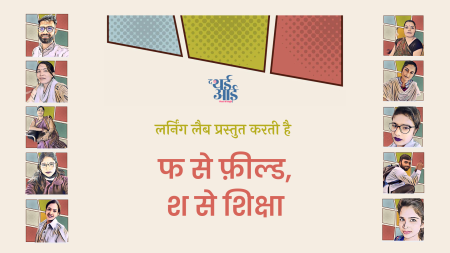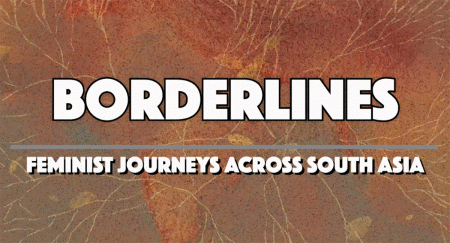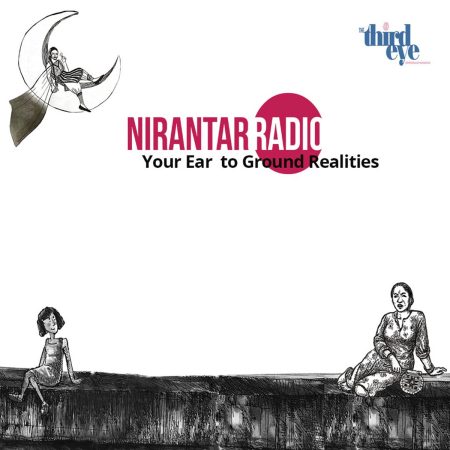Acclaimed filmmaker Avijit Mukul Kishore, who is well known for his intimate portraits of people, places and changing urbanisms, leads The Third Eye’s flagship online curriculum called Filmy Shehar. Watch the third masterclass on Queer in Hindi films above.
These masterclasses are conducted in Hindi with prompts in Devnagri to encourage a wider film theory discussion in the Hindi language, building a new audience in smaller towns of India to engage with the politics of the gaze.
Filmy Shehar deconstructs the ways cinema shapes our view of gender, caste, class, sexuality, and the multiple hierarchies that we assume are natural to the world we live in.
Episode 3: Filmy Shehar – Queer in Cinema, Part 1
Episode 3: Filmy Shehar – Queer in Cinema, Part 2
In the two part masterclass on Queer, we look at diverse ways in which homosexual characters have been represented in Hindi films. The discussion also throws a light on search for the right vocabulary and how characters are often reduced to stereotypes and archetypes, in the past more often as a subject of mockery or fear either by portraying them as negative transgender people or male characters with feminine traits. It’s been a long journey from humiliation to recognition, especially how the decriminalization of Section 377 has paved ways for affirmative action as genuine characters.
We explore standpoints – of filmmakers, films, and images to discover shifting points of view in the ways cinema shows homosexuality with the larger politics at play. The masterclass also takes you through the filmography of Karan Johar and the way his films has flipped the gaze and most importantly, normalized the conversation around homosexuality in our country.
Presentation & Research – Avijit Mukul Kishore
Additional Research & Edit – Shivam Rastogi
Camera – Nikita Saxena & Rahul
Creative Producers – Shabani Hassanwalia & Shivam Rastogi
Script Inputs – Suman Parmar, Shabani Hassanwalia & Dipta Bhog
English Subtitles – Juhi Jotwani & Sadia Saeed





